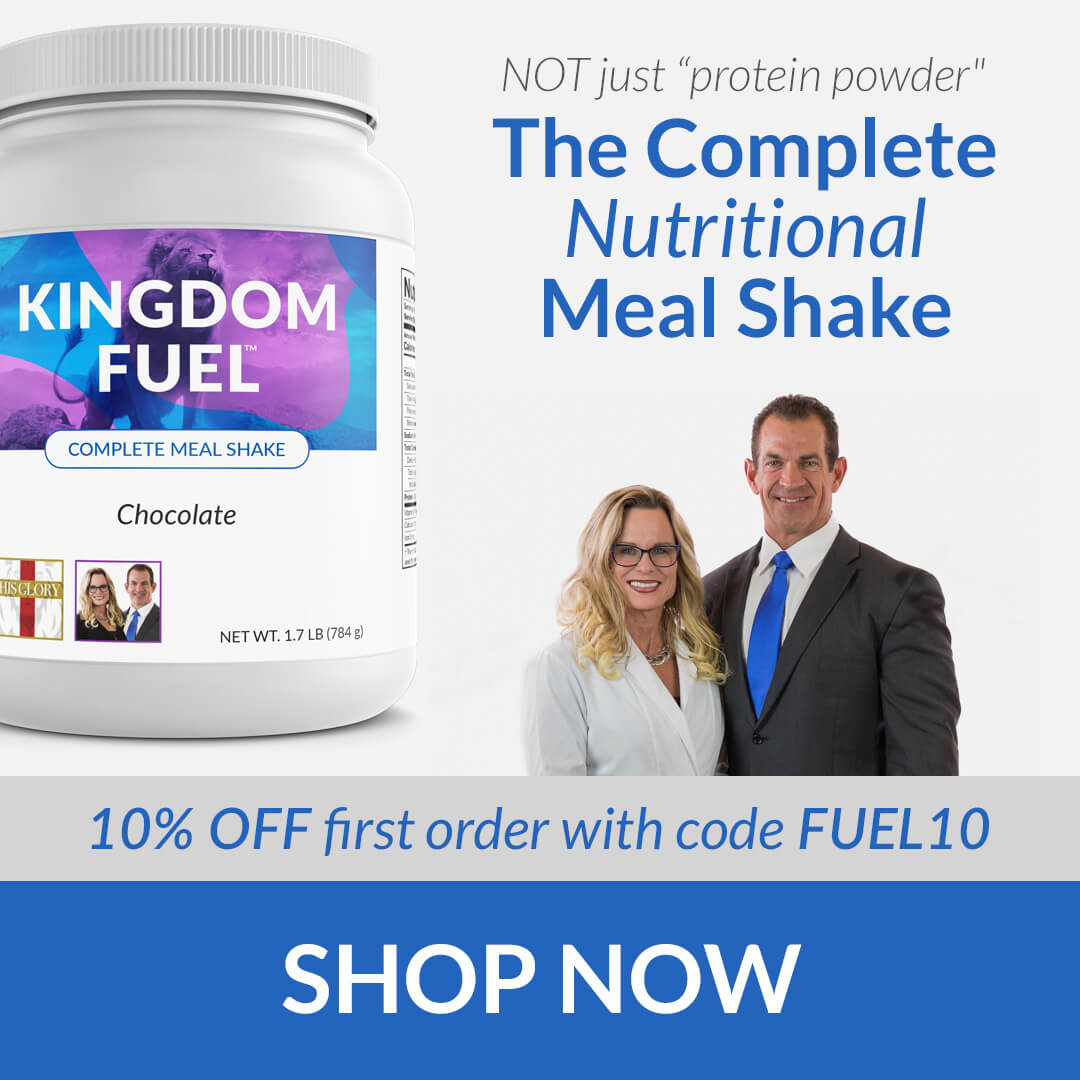Do we have to suffer from heart disease as we grow older? Current trends in this country seem to suggest so.
By age 50, almost half of all Americans have some type of cardiovascular disease, as do three-quarters of those in their seventies.
According to findings from the landmark Framingham Heart Study, middle-aged Americans have a 90 percent chance of developing hypertension during their lifetime—which would raise their risk of atherosclerosis, heart attack, and congestive heart failure. This is what the science says folks.
Lifestyle factors such as diet, obesity, inactivity, and stress are bigger players than simply aging. In some indigenous cultures, with lifestyles much different than ours, disorders of the heart and blood vessels are rare at any age.
Getting older is inevitable.
We are designed to go home and see our maker. If we do things right, we don’t have to suffer a lot of the things that injure the heart and cardiovascular system if we choose healthy habits and gain self-control.
This is not to say that there are no age-related changes of the cardiovascular system. As we age, the walls of the arteries thicken and become stiffer. There is also some thickening of the heart muscle itself. If the heart muscle is not cared for as we age. This can lead to a dilated cardiomyopathy (dilated heart).
However, in the absence of disease, the heart’s pumping action remains unchanged throughout life.
In fact, if we show it a little love and exercise it on a regular basis, the heart muscle gets stronger, or maintains its capacity and ability to pump with vim and vigor.
Aging does affects cardiovascular performance during exercise. Aerobic capacity decreases, maximum heart rate declines, and there are subtle differences in how the cardiovascular system adjusts to the increased workload of exercise. However, although they might slow you down, these are normal age-related variations, not life-threatening diseases.
Besides the normal decline with aging, there is little evidence to suggest that cardiovascular disease is the inevitable consequence of aging. You can live a long, healthy life free from high blood pressure, heart attack, stroke, cholesterol issues and other cardiovascular ailments.
Here are a few easy tips to keep in your life as you age:
Natural Treatments for Heart Disease
Eat a Heart-Healthy Diet
Nutrition plays a key role in warding off cardiovascular disease. Notice we did not say diet. The first three letters of the word DIET are D-I-E and no one wants to die. We must have a good nutritional plan.
Blood pressure control is easier when you eat more potassium-rich fruits and vegetables and less sodium. Use celtic type sea salts when salting your foods. When you cut out processed foods, white flour, white sugar and white bread, weight naturally declines.
Free-radical damage to your arteries is inhibited by antioxidants in plant foods. Homocysteine levels are kept in check by the B-complex vitamins in vegetables and whole grains. Inflammation of the arteries decreases and blood flow is enhanced when you eat the omega-3 fats in cold-water fish and flaxseed.
In fact, omega-3 support is more ant- inflammatory in nature than your anti-inflammatories without the horrible effects that anti-inflammatories have on the gut. Cholesterol and triglyceride levels are lowered by eating adequate fiber and cutting back on sugars and starchy carbohydrates.
Exercise 30 Minutes a Day
Rule of thumb: you cannot out-pill a bad diet, you can not out-run it either. That is why exercise is number two on the list. That being said, one of the very best natural treatments for heart disease is regular physical activity.
Exercise conditions the heart and stimulates the production of collateral blood vessels, which naturally bypass blocked arteries. Exercise strengthens the pump. If the pump is strong, you get blood to the rest of your organs including your brain.
Exercise is one thing that raises the protective HDL cholesterol, lowers triglycerides and blood pressure, improves insulin sensitivity, and helps decrease obesity—all significant risk factors for cardiovascular disease. Survival of the fittest may have special meaning here.
Take Protective Nutritional Supplements
Nutritional supplements are also an excellent natural treatment for heart disease.
Numerous studies have shown that levels of important protective nutrients decline as we get older. This is why I believe that one of the best things you can do for your cardiovascular system is to take nutritional supplements, including antioxidants, magnesium, B-complex vitamins and other minerals, coenzyme Q10, and fish oil (EPA/DHA).
Don’t become a cardiovascular disease statistic!
Heart disease may be the number one killer in the US. Dr. Mark and I challenge each of you to elect to opt out of the current American trend of overeating and inactivity and take charge of your health.
Don’t wait until you already have cardiovascular disease to change. In this time, it may be too late to recover what is lost. The worst part is that your family may loose you.
To wait until you already have cardiovascular disease is, in the words of Jeremiah Stamler, MD, editor of the Journal of the American Medical Association, “…late, defensive, reactive, time consuming, associated with side effects, costly, only partially successful, and endless.” Don’t put it off any longer.



